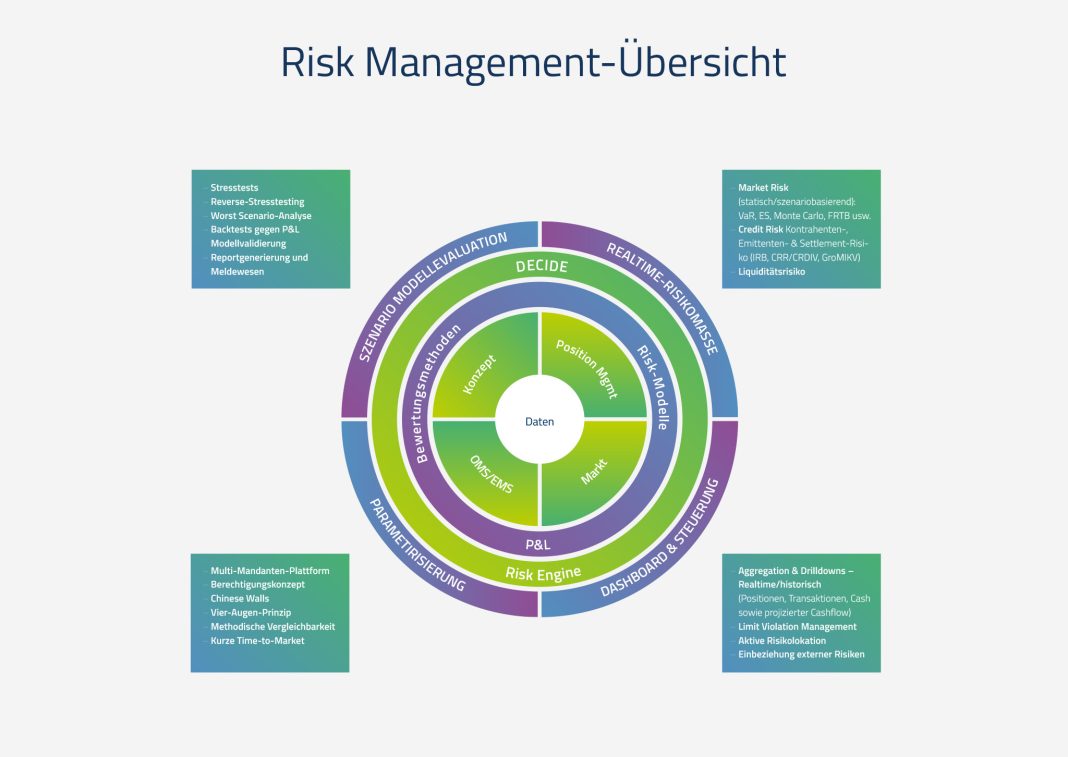The death of actor Matthew Perry has brought attention to the issue of loose prescribing practices surrounding the drug ketamine. Two doctors have been charged in connection with Perry’s death, one for selling ketamine from his former clinic and the other for distributing the drug to Perry and teaching his assistant how to inject it. Perry was injected multiple times on the day of his death, and an autopsy revealed that the amount of ketamine in his system was at the level used for general anesthesia. Ketamine, classified as a schedule III drug by the US Drug Enforcement Administration, has a history as a party drug but has also been studied as a possible treatment for depression, post-traumatic stress disorder, and chronic pain. Patients seeking relief can access ketamine through cash-only clinics with no oversight. While off-label use of prescription drugs is not uncommon, the off-label use of ketamine has increased significantly, driven by its reputation as a quick fix for various ailments. Some experts argue that more regulation of medical ketamine is necessary to prevent misuse, but they also acknowledge the need to balance restrictions with accessibility for legitimate medical uses. Estimates suggest that ketamine use is still relatively rare, but prescription rates have increased more than 500% between 2017 and 2022. The market for ketamine clinics has also grown significantly, reaching $3.4 billion in 2023, with projections of continued growth. During the pandemic, telehealth companies began prescribing ketamine therapy online, accounting for almost half of the market. The FDA has warned about the use of compounded forms of the drug, including lozenges, citing potential dangers such as psychiatric events and increased blood pressure. Some ketamine clinics have been criticized for prioritizing profits over patient care, lacking proper evaluation, monitoring, and requiring cash payments for each treatment. In contrast, the FDA has strict requirements for the use of esketamine, a derivative of ketamine approved for treatment-resistant depression. Some experts argue that ketamine is being marketed to treat a range of problems without sufficient scientific evidence to support its use. While ketamine is not physically addictive, it can be psychologically addicting, and unsupervised use at home can be dangerous. The unregulated nature of ketamine use raises concerns about accidents and behavioral problems associated with its misuse. Overall, there is a need for more regulation and data on ketamine use to ensure its safe and appropriate use.


